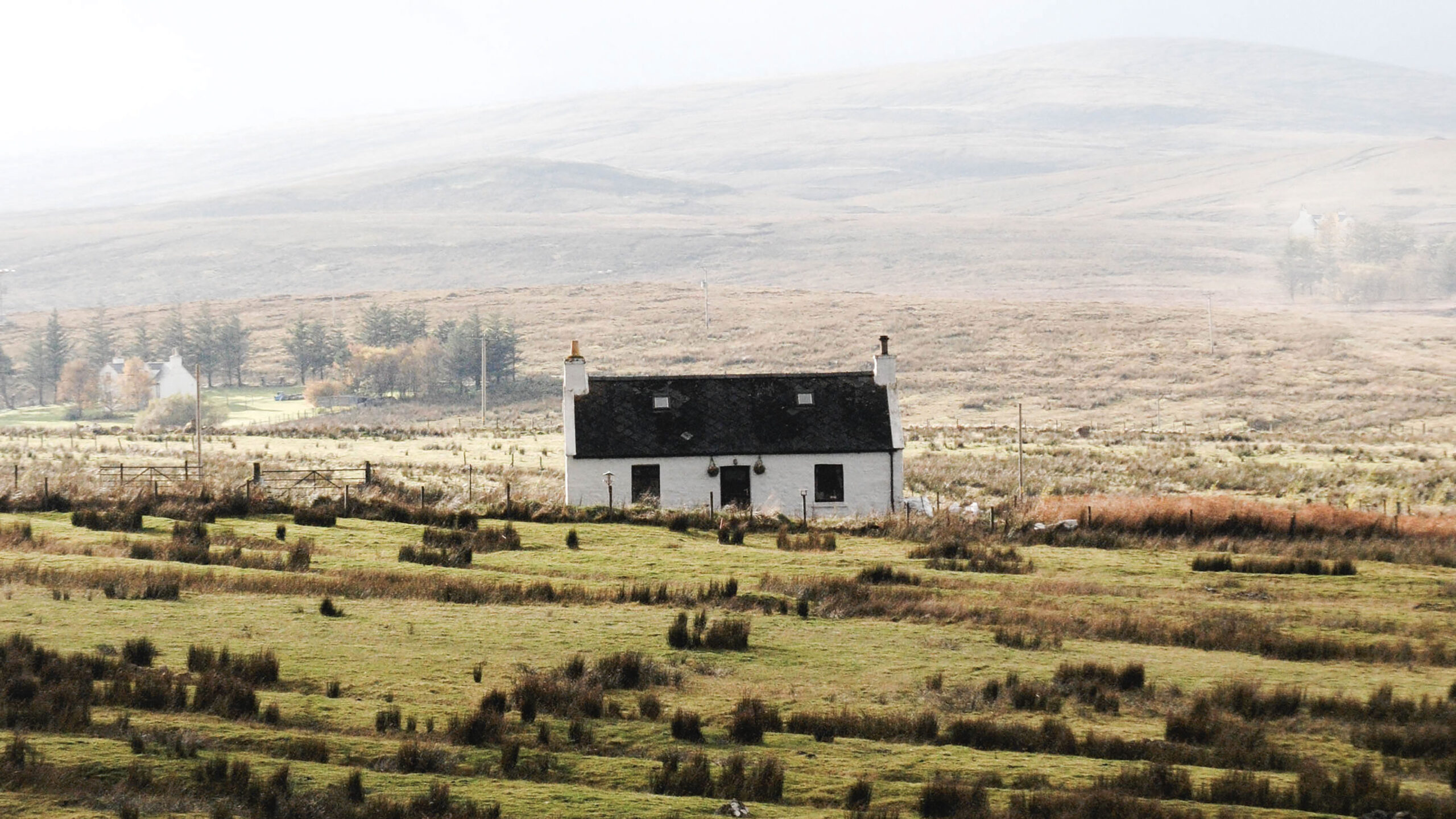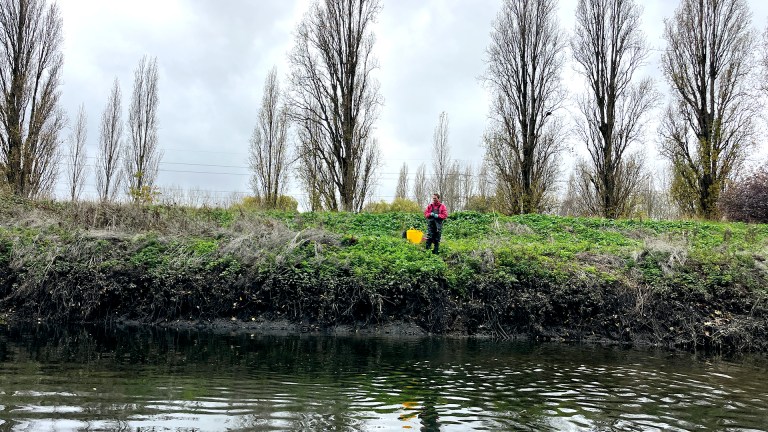Olly and six friends from London went away for New Year, finding a house near Aberystwyth. “You can find a property that matches your specific criteria and Airbnb opens the door to many places you may not have considered visiting before,” he says.
On paper, it seems that Airbnb is a win-win when it comes to bringing rural Britain closer to visitors and benefiting local communities. But, of course, there are pitfalls
When Sally wanted to go on a solo walking holiday she booked an Airbnb in Cottingham, Yorkshire, in an area with few existing hotels or B&Bs. “If I was limited to hotel stays, choice would be limited in the UK as most hotels tend to be in larger towns and off ring roads,” she says. “If the hotel isn’t close to where I like to walk, which is usually rural walks across fields and along canals, then I can’t visit. Airbnb, and the local knowledge it brings, is invaluable.”
And a tip-off from hosts about the best nearby pub, where to pick up groceries or get a hearty meal can mean more money spent in the local community. According to the site, the average Airbnb guest in the UK spends £147 a day, with 43 per cent of that figure spent in the neighbourhood of the host’s home.
Sue is an Airbnb host in Brightwell-cum-Sotwell, a village in South Oxfordshire. She already ran a B&B and has been using Airbnb for five years. Sue says she’s had more interest since listing on Airbnb and her guests regularly visit establishments in the village. “I get more guests through Airbnb, especially to my shepherd’s hut,” she says. “The pub certainly benefits as they usually go there for supper. The village shop also gets custom from my guests.”
On paper, it seems that Airbnb is a win-win when it comes to bringing rural Britain closer to visitors and benefiting local communities through increased tourism. But, of course, there are pitfalls.
People who booked an Airbnb might discover that Dartmoor is fantastic. They’ll tell friends, who might be more well-off and will go and book a nice boutique hotel instead
In major cities, the finger has already been pointed at Airbnb for contributing towards hotels losing out on business and overtourism. But it can also have a negative impact on locals: people can find themselves sharing apartment blocks or streets with noisy visitors and, more worryingly, priced out or losing out on the rental market because landlords favour holiday lets over residential tenants.
Advertising helps fund Big Issue’s mission to end poverty
The Isle of Skye is one area where these effects are starting to be felt.
An investigation earlier this summer by Channel 4 found that islanders are struggling to access housing as the number of rooms and properties rented out to tourists through apps and websites like Airbnb increases.
“That risk was there before Airbnb,” says Musolesi. “If you think about somewhere like St Andrews where you have the university and the golf course. In a place like that, people tend to rent out their flats and then they aren’t available to local people, who are priced out and have to live outside the centre.
“I would say that [Airbnb] is magnifying the problem because it makes everything faster in both a positive and negative direction,” Musolesi continues. “An effect that might have been minor in the past has been magnified. It’s a facilitator. These are popular tools because they are easy to use, it’s easy to pay, it’s easy to contact the host, it’s cheaper.”
Musolesi also believes that traditional accommodation and sharing economy platforms can work hand in hand.
“My feeling is that they can be quite complementary. A traditional B&B can sell their rooms through Airbnb. Then some people who booked an Airbnb might discover that Dartmoor is fantastic. They’ll tell friends – and their friends, who might be more well-off, will go and book a nice boutique hotel instead.”
Advertising helps fund Big Issue’s mission to end poverty
In an attempt to promote more sustainable tourism (for the good PR or otherwise), Airbnb launched the Office of Healthy Tourism this year. The initiative aims “to drive local, authentic and sustainable tourism in countries and cities across the globe”.
As part of the drive, the company has established projects to boost tourism and rural regeneration in lesser-known destinations like Yoshino in Japan and 40 small villages in the Italian countryside. Plans to nurture sustainable growth in existing destinations are less clear.
It’s a small world and Airbnb is making it smaller, whether tourists, locals and hoteliers like it or not.
Image:Katie Barrett









